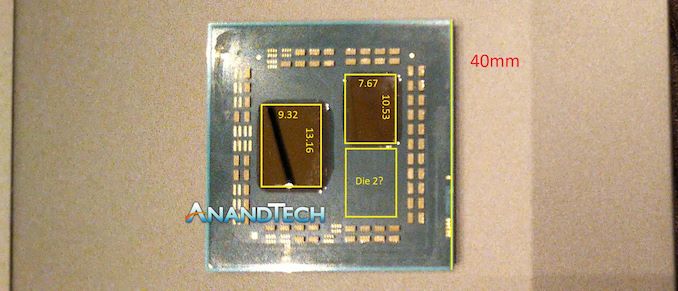Bad reporting? It does not lock out upgrades in this case. First off, you can buy additional CAMM modules directly from Dell. Second, they are selling a SODIMM interposer so you can use 2× SODIMM modules in place of the CAMM module if you like.
Sounds pricey and totally unnecessary.


